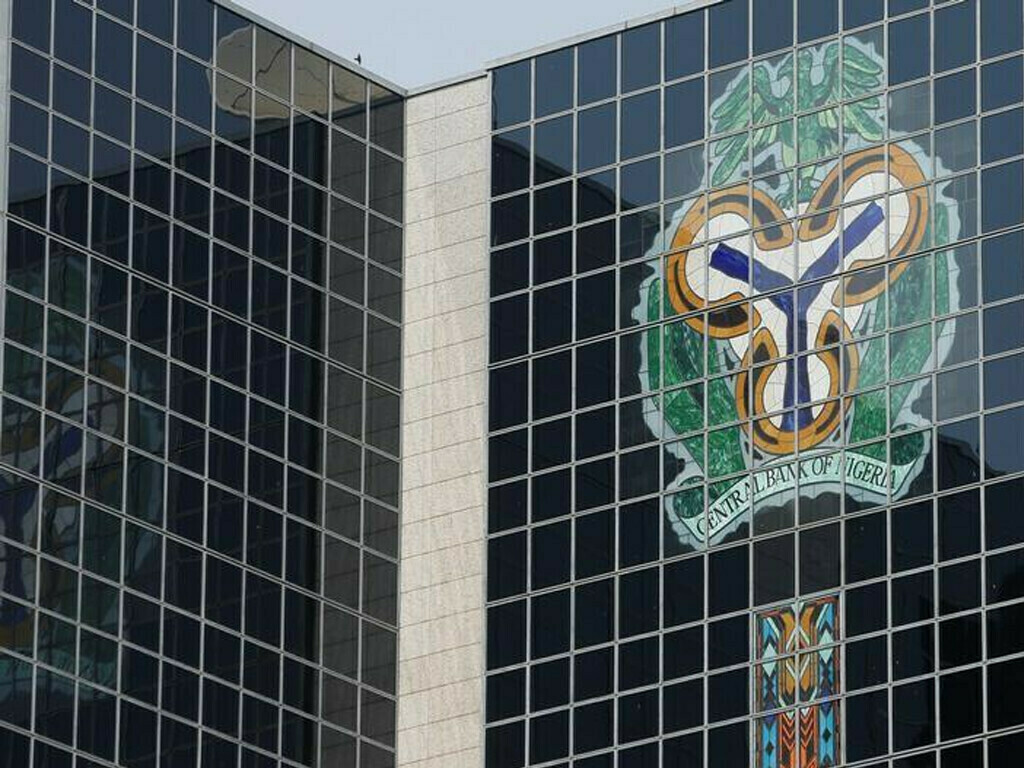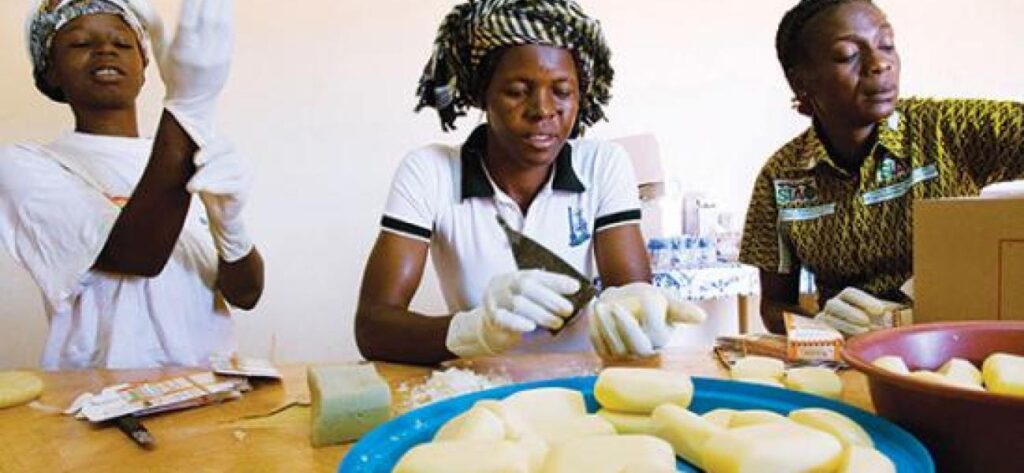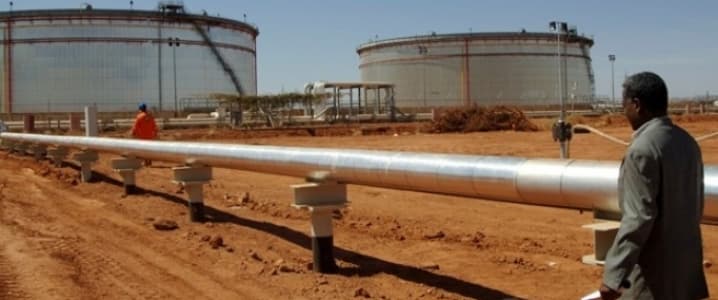
Nigerian inflation surged for the tenth consecutive month in October, intensifying pressure on the newly appointed central bank governor to consider raising interest rates during the monetary policy committee’s upcoming inaugural meeting under his tenure.
According to data from the National Bureau of Statistics, consumer inflation surged to 27.33% year on year in October from 26.72% in September. This marked its highest level in approximately 18 years.
Olayemi Cardoso assumed the role of governor of Nigeria’s central bank in September, succeeding Godwin Emefiele, who had been suspended earlier in the year.
Cardoso has committed to steering the bank away from widely criticized fiscal interventions initiated by Emefiele, which were deemed detrimental to the central bank’s capacity in effectively controlling inflation. He stated that the central bank would adopt a more restricted advisory role to assist the government’s economic growth agenda.
The statistics bureau indicated that the most significant factor contributing to inflation in October on an annual basis was the increase in prices for food and non-alcoholic beverages.
In October, food inflation, representing the major portion of Nigeria’s inflation basket, increased to 31.52% from 30.64% recorded in September.
Inflation in Africa’s largest economy and most populous nation has persisted in double digits since 2016, diminishing both incomes and savings.
“We are reaching almost four months since the central bank’s last policy meeting in July, a meeting which underwhelmed,” said David Omojomolo, Africa economist at research firm Capital Economics.
“The central bank will need to act with aggressive hikes to maintain its credibility and bring down inflation,” he said.
During the July monetary policy meeting, the central bank chose a smaller-than-anticipated 25 basis point hike. The bank expressed a preference for a gradual increase to stabilize inflation expectations while concurrently backing investment efforts.
President Bola Tinubu, known for spearheading some of Nigeria’s most daring reforms in recent decades, has faced criticism from labor unions due to certain reforms that have added to price pressures in the country.




